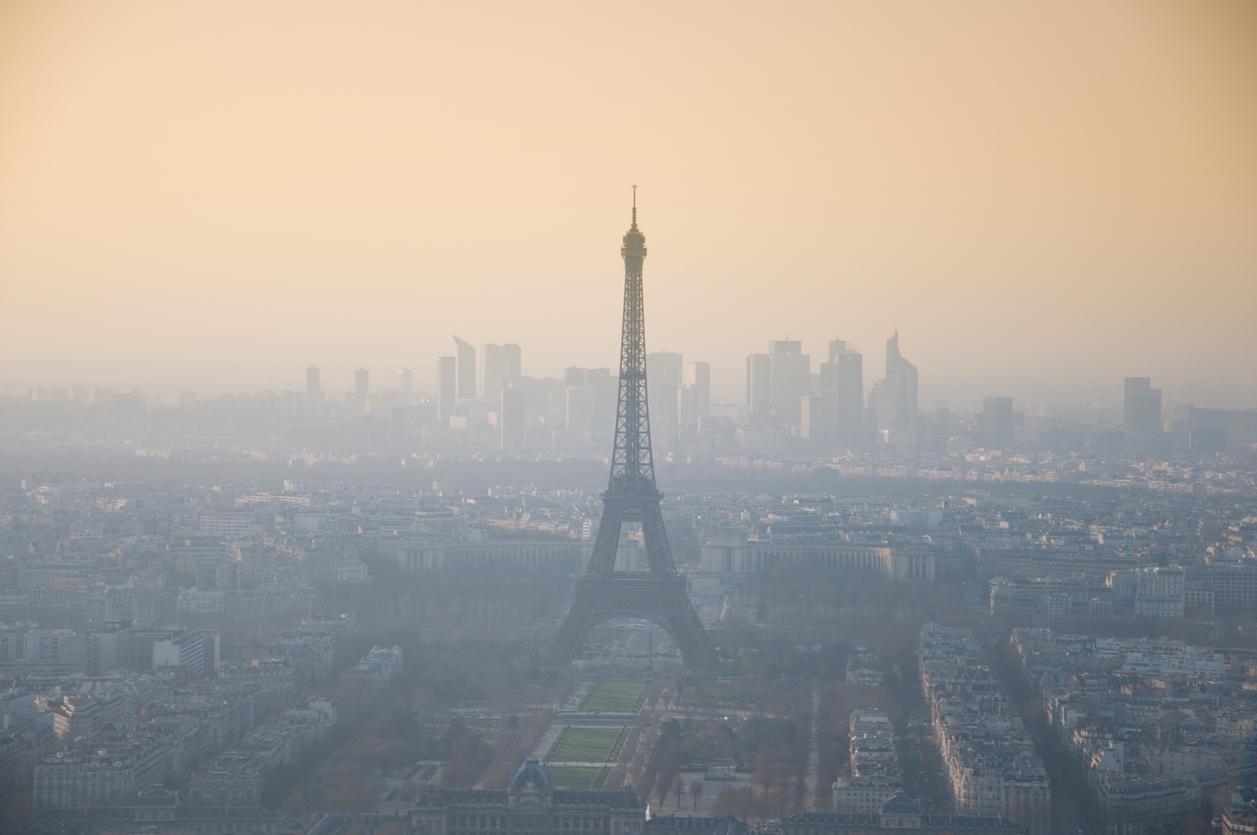Faced with the many repercussions of air pollution on health, ANSES recalled the practices that make it possible to reduce its harmful effects.

- 90% of the world’s population breathe polluted air.
- Air pollution has many consequences on health, ranging from respiratory discomfort to very serious pathologies such as cancer.
- Several actions can reduce the impact of air pollution on health.
Air pollution is a major public health problem… all the more worrying since 90% of the world’s population breathe polluted air. The National Agency for Food, Environmental and Occupational Health Safety (ANSES), which held a symposium on the consequences of air pollutants on health with Ademe on 6 June 2023, is launching a caution.
Outdoor and indoor air pollution: 6 good things to do
There are several steps we can take to reduce indoor and outdoor air pollution. ANSES recommends in its communicated of :
- favor public transport, walking, cycling or carpooling in order to reduce CO2 and fine particle emissions;
- limit the use of chemicals at home, such as household products: they are, in fact, one of the main factors of indoor pollution;
- select low-emission construction and decoration materials: they are recognizable thanks to their labelling;
- equip yourself with respectful heating equipment: green flame label for example and heat only when necessary;
- ventilate your home and living spaces: it is recommended to open your windows wide for 5 to 10 minutes every day. This makes it possible to sufficiently renew the air in the rooms without cooling the house;
- respect the ban on burning green waste.
Air pollutants: many health consequences
Air pollutants come from human sources (transport, heating, industries, agriculture, building materials, etc.) but also from natural sources (plant pollens, volcanic activity, sandstorms, etc.). Moreover, they are not only on the outside. They can also be in our accommodations. They emanate, for example, from cleaning products, ambient products, furniture, paints, etc.
“The effects of air pollution have been known for many years. It is not just about respiratory effects. Indeed, if the respiratory system, the lungs, are the first concerned, the pollutants of the air, alone or in combination, can cause many pathologies that affect other organs: cardiovascular pathologies, effects on reproduction and development, cognitive disorders and neurodegenerative diseases, disturbances of the hormonal system, etc.writes ANSES.
Although everyone is affected by air pollution, some people are more vulnerable than others. Infants, children, pregnant women, the elderly and sick people are particularly affected. Babies and children breathe more air per kilogram of body weight than adults, which exposes them to greater exposure to air pollutants and can affect their cognitive development. Many studies have shown that pregnant women exposed to high air pollution are more likely to have lower birth weight or premature babies.

















